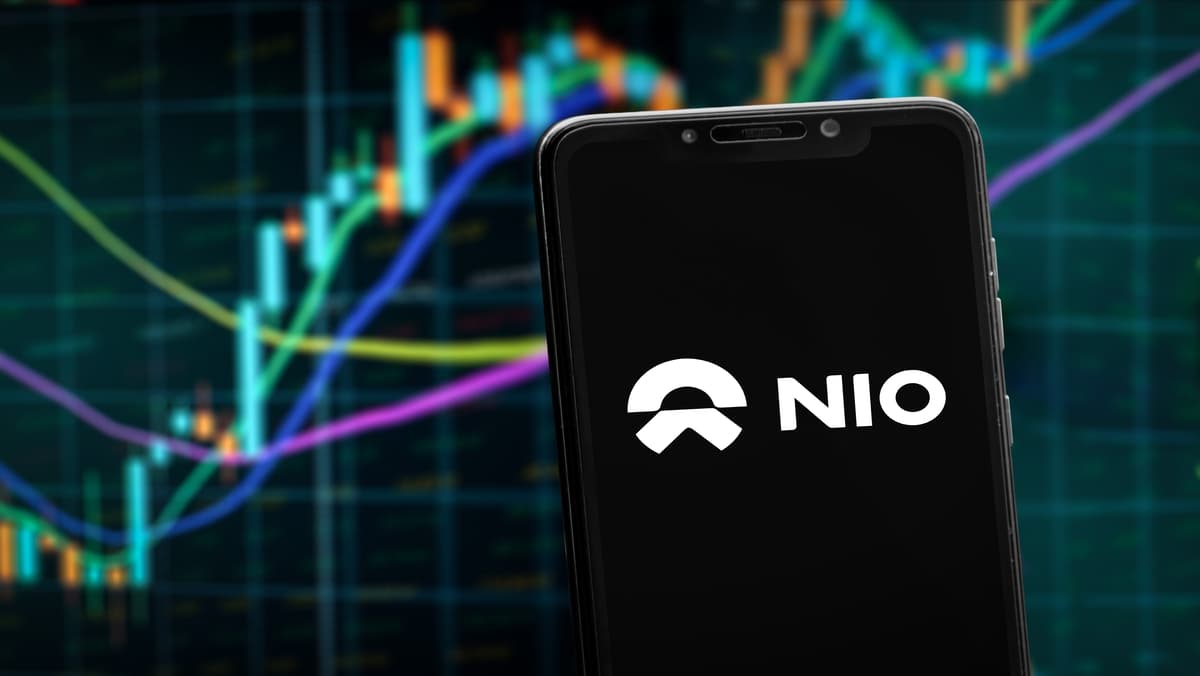Are weakening jobs data and moderating inflation pressures pushing the Federal Reserve towards faster rate cuts? Comprehensive analysis focusing on upcoming economic projections.
Morgan Stanley economists have adjusted their forecast for Fed rate cuts, anticipating four consecutive cuts based on moderating inflation data and a weakening labor market.
Despite its recent stabilization, the dollar continues to face significant challenges. This article explores the underlying reasons for the bearish outlook on the dollar, including concerns about the US fiscal and trade deficits, the potential for more aggressive Fed rate cuts, and global investors reassessing hedging strategies.
This article delves into the ongoing debate surrounding the Federal Reserve's role, focusing on concerns about mission creep and its impact on independence and interest rate decisions.
The US Consumer Price Index is increasingly reliant on imputed data, raising questions about data accuracy and its implications for investors and policymakers.
This article discusses whether gold's September rally represents a return to a long-term historical trend, considering recent data suggesting otherwise. It also analyzes the viability of seasonal trading strategies in the gold market.

Stock Mover Today: Synopsys, Inc. has captured the spotlight with a notable increase in its stock price, rising by 12%.

Trending Stocks Predictions: In the ever-evolving landscape of the stock market, certain stocks consistently capture the attention of investors due to their potential for growth and market impact.

SMCI Stock Price Prediction: Super Micro Computer, Inc. (SMCI) has gained attention in the tech sector due to its innovative solutions in high-performance computing, cloud computing, and data center management.

E-Commerce Stock Price Analysis: Chewy, Inc., a leading player in the e-commerce pet product sector, has recently experienced a notable increase in its stock price.

EV Stock Analysis: NIO Inc. (NYSE: NIO), one of the prominent electric vehicle (EV) manufacturers in China, has experienced significant volatility in its stock price.

Crypto Market Today: The cryptocurrency market is constantly evolving, with new developments and trends emerging daily.
Markets this week experienced fluctuations in the Dollar Index, record highs in gold prices, adjustments in interest rate expectations, and escalating geopolitical risks.
US consumer confidence declined in September, driven by concerns about the labor market and rising prices. Higher long-term inflation expectations raise questions about the economy's resilience.
Former US President Donald Trump threatens new economic sanctions on Russia, citing his patience with President Putin is 'running out' due to stalled Ukraine peace negotiations. This comes as the US and its G7 allies explore ways to increase economic pressure on Moscow.

Latest XRP Updates: Ripple's XRP has been a focal point in the cryptocurrency space, attracting attention for its unique technology and the ongoing developments surrounding its regulatory status.

How to Trade Dogecoin CFDs in 2025: Dogecoin, originally created as a meme-based cryptocurrency, has gained substantial popularity and traction in the financial markets.

Forex CFD Trading Platforms Review (2025): The world of Forex trading is continually evolving, with various platforms offering a range of features and services to cater to traders' needs.